While SOPA has been delayed, while “outsanding concerns” are addressed by representatives, the White House has put out a statement from the Obama Administration, responding to a “We the People” Petition on SOPA and online piracy.
The petition says:
WE PETITION THE OBAMA ADMINISTRATION TO:
VETO the SOPA bill and any other future bills that threaten to diminish the free flow of information
“the more freely information flows; the stronger that society becomes” President Obama http://tiny.cc/rh5b1
By allowing free conversation it is so easy to drop a link
View post on imgur.com
It would be ridiculous for an ISP to block the entire whitehouse.gov domain on court order because a single user posted a link. It is difficult for any web administrator to know which links to copyrighted material are done with permission. This will kill the free flow of information and conversation on the internet.
SOPA is too blunt. Please veto.
The response comes from specifically from Victoria Espinel, Intellectual Property Enforcement Coordinator at Office of Management and Budget, Aneesh Chopra, U.S. Chief Technology Officer, and Howard Schmidt, Special Assistant to the President and Cybersecurity Coordinator for National Security Staff.
Here is the statement in is entirety:
Thanks for taking the time to sign this petition. Both your words and actions illustrate the importance of maintaining an open and democratic Internet.
Right now, Congress is debating a few pieces of legislation concerning the very real issue of online piracy, including the Stop Online Piracy Act (SOPA), the PROTECT IP Act, and the Online Protection and Digital ENforcement Act (OPEN). We want to take this opportunity to tell you what the Administration will support—and what we will not support. Any effective legislation should reflect a wide range of stakeholders, including everyone from content creators to the engineers that build and maintain the infrastructure of the Internet.
While we believe that online piracy by foreign websites is a serious problem that requires a serious legislative response, we will not support legislation that reduces freedom of expression, increases cybersecurity risk, or undermines the dynamic, innovative global Internet.
Any effort to combat online piracy must guard against the risk of online censorship of lawful activity and must not inhibit innovation by our dynamic businesses large and small. Across the globe, the openness of the Internet is increasingly central to innovation in business, government, and society and it must be protected. To minimize this risk, new legislation must be narrowly targeted only at sites beyond the reach of current U.S. law, cover activity clearly prohibited under existing U.S. laws, and be effectively tailored, with strong due process and focused on criminal activity. Any provision covering Internet intermediaries such as online advertising networks, payment processors, or search engines must be transparent and designed to prevent overly broad private rights of action that could encourage unjustified litigation that could discourage startup businesses and innovative firms from growing.
We must avoid creating new cybersecurity risks or disrupting the underlying architecture of the Internet. Proposed laws must not tamper with the technical architecture of the Internet through manipulation of the Domain Name System (DNS), a foundation of Internet security. Our analysis of the DNS filtering provisions in some proposed legislation suggests that they pose a real risk to cybersecurity and yet leave contraband goods and services accessible online. We must avoid legislation that drives users to dangerous, unreliable DNS servers and puts next-generation security policies, such as the deployment of DNSSEC, at risk.
Let us be clear—online piracy is a real problem that harms the American economy, threatens jobs for significant numbers of middle class workers and hurts some of our nation’s most creative and innovative companies and entrepreneurs. It harms everyone from struggling artists to production crews, and from startup social media companies to large movie studios. While we are strongly committed to the vigorous enforcement of intellectual property rights, existing tools are not strong enough to root out the worst online pirates beyond our borders. That is why the Administration calls on all sides to work together to pass sound legislation this year that provides prosecutors and rights holders new legal tools to combat online piracy originating beyond U.S. borders while staying true to the principles outlined above in this response. We should never let criminals hide behind a hollow embrace of legitimate American values.
This is not just a matter for legislation. We expect and encourage all private parties, including both content creators and Internet platform providers working together, to adopt voluntary measures and best practices to reduce online piracy.
So, rather than just look at how legislation can be stopped, ask yourself: Where do we go from here? Don’t limit your opinion to what’s the wrong thing to do, ask yourself what’s right. Already, many members of Congress are asking for public input around the issue. We are paying close attention to those opportunities, as well as to public input to the Administration. The organizer of this petition and a random sample of the signers will be invited to a conference call to discuss this issue further with Administration officials and soon after that, we will host an online event to get more input and answer your questions. Details on that will follow in the coming days.
Washington needs to hear your best ideas about how to clamp down on rogue websites and other criminals who make money off the creative efforts of American artists and rights holders. We should all be committed to working with all interested constituencies to develop new legal tools to protect global intellectual property rights without jeopardizing the openness of the Internet. Our hope is that you will bring enthusiasm and know-how to this important challenge.
Moving forward, we will continue to work with Congress on a bipartisan basis on legislation that provides new tools needed in the global fight against piracy and counterfeiting, while vigorously defending an open Internet based on the values of free expression, privacy, security and innovation. Again, thank you for taking the time to participate in this important process. We hope you’ll continue to be part of it.




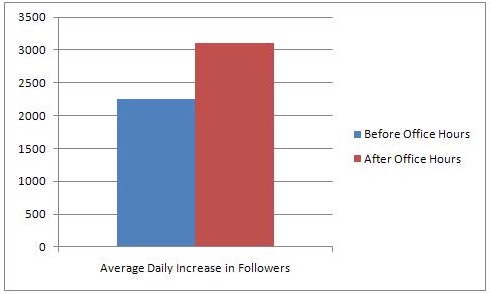






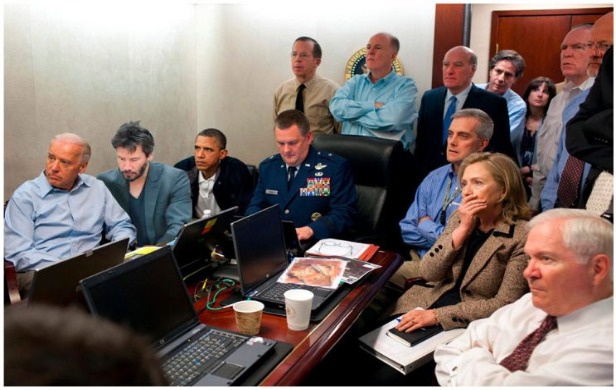
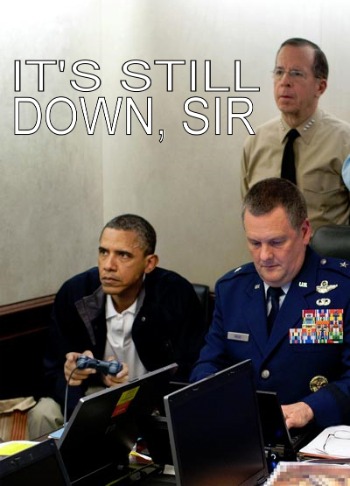


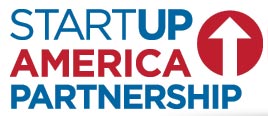 "In addition, we plan to stay active within open source communities and are proud of what we’ve contributed in the past,"
"In addition, we plan to stay active within open source communities and are proud of what we’ve contributed in the past,"  This holiday season, consumers spent a record $30.81 billion in online retail spending, an increase of 13 percent over the same period the previous year. This striking growth outshines even the notable 3.3-5.5 percent overall increase in holiday spending this past year. While clearly a positive sign for our economy, losses from online fraud and identity theft eat away at these gains, not to mention the harm that identity crime causes directly to millions of victims. We have a major problem in cyberspace, because when we are online we do not really know if people, businesses, and organizations are who they say they are. Moreover, we now have to remember dozens of user names and passwords. This multiplicity is so inconvenient that most people re-use their passwords for different accounts, which gives the criminal who compromises their password the "keys to the kingdom."
This holiday season, consumers spent a record $30.81 billion in online retail spending, an increase of 13 percent over the same period the previous year. This striking growth outshines even the notable 3.3-5.5 percent overall increase in holiday spending this past year. While clearly a positive sign for our economy, losses from online fraud and identity theft eat away at these gains, not to mention the harm that identity crime causes directly to millions of victims. We have a major problem in cyberspace, because when we are online we do not really know if people, businesses, and organizations are who they say they are. Moreover, we now have to remember dozens of user names and passwords. This multiplicity is so inconvenient that most people re-use their passwords for different accounts, which gives the criminal who compromises their password the "keys to the kingdom." 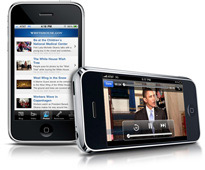 "Mobile internet access is an important way Americans are staying informed.
"Mobile internet access is an important way Americans are staying informed.  According to
According to